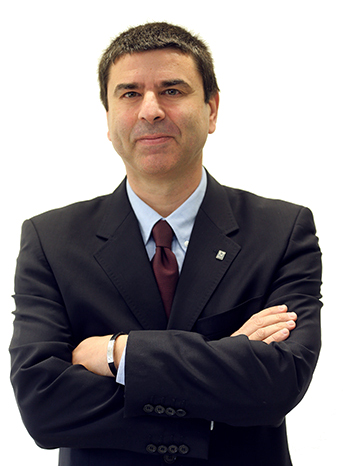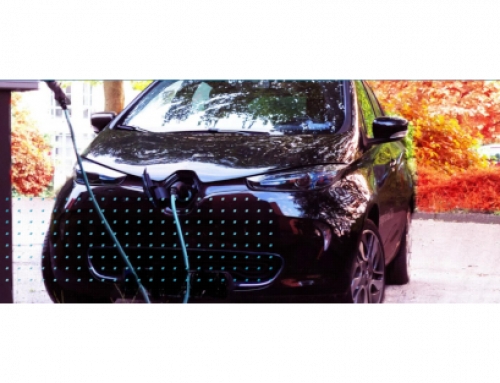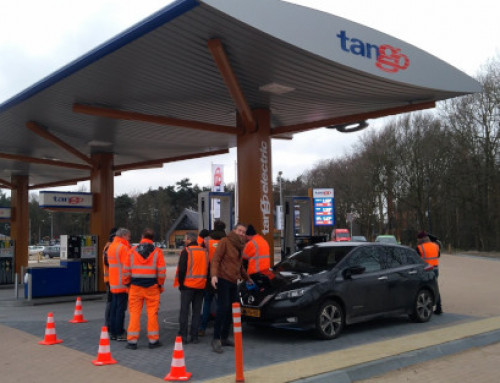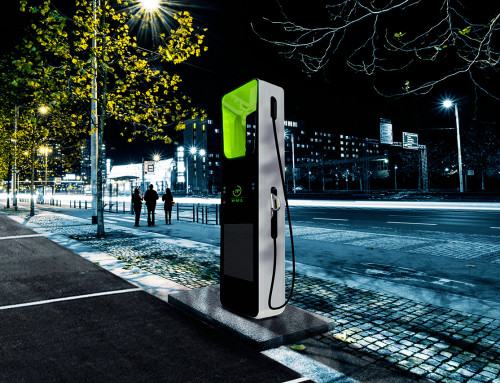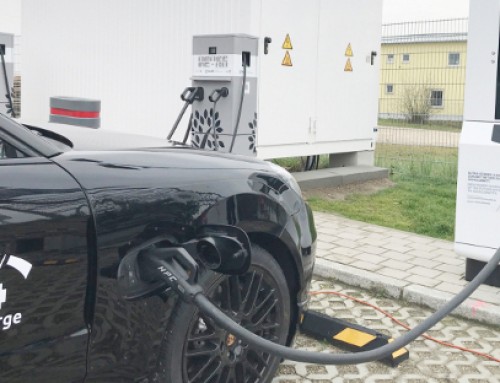Project Description
Is the future wireless? – Interview with Pedro Silva
Electric cars can already be charged today using wireless charging technology by means of inductive energy transfer. In the interview Pedro Silva, President of the Portuguese charging station manufacturer Efacec Electric Mobility, reflects on the future of wireless charging.
Efacec Electric Mobility produces wireless charging systems for electric cars and uses Qualcomm Halo technology. How does this technology work?
For wireless charging a magnetic field is used to transfer energy from a primary coil, which is located under the car for example in a floor panel, to a secondary coil at the vehicle underbody by means of magnetic coupling. The electromagnetic energy is then converted into electrical energy in the electric car in order to charge the vehicle battery. In addition to the energy transfer, the entire communication between the part of the charging system outside the car and the on-board part must be wireless.
What is the current status of the development of wireless charging systems for electric cars? And how widespread is the corresponding infrastructure?
This technology is still in the early stages and at the moment all wireless charging systems are aimed at a special vehicle type. The electric car industry is working on improved interoperability for the next generation of these charging systems. This means that different vehicle types can recharge at the same wireless charging stations. The second generation of wireless charging systems will ensure that this technology is used more in the future than is presently the case.
Let’s take a look at the future! Do you think that wireless charging of electric cars will prevail on a grand scale?
A cable will also always be involved in the future for fast and ultra fast charging. This is necessary in light of the amount of energy being transported. But we feel that for normal charging speeds wireless charging will play an important role in the launch of electric cars. Even if this technology will not necessarily gain wide market coverage, many areas will still benefit from wireless charging. These include taxis, vehicle fleets, car-sharing cars, delivery vans or public transport.
See more:
